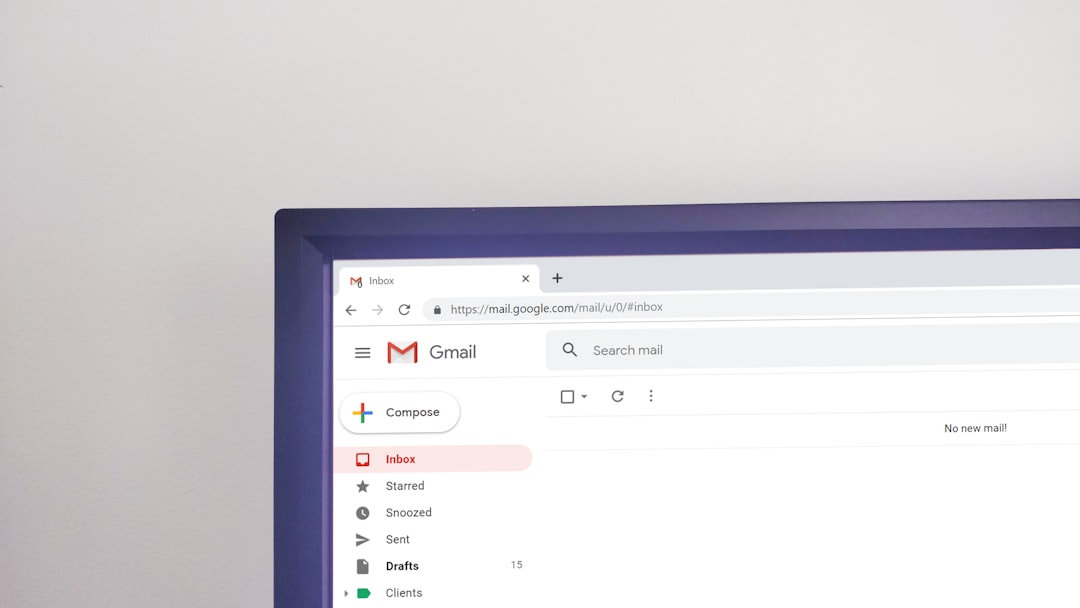How to Instantly Wreck Your Chances
It’s hard enough to stand out in a sea of applicants, but plenty of things make you memorable for all the wrong reasons. From showing up late to criticizing your employer, here are 20 ways you immediately destroy interviews!
 Photo by RDNE Stock project on Pexels
Photo by RDNE Stock project on Pexels
1. Inappropriately Dressed
With so many online interviews nowadays, it’s never been more important to dress appropriately. Even if your camera only films from the waist up, don’t wear sweatpants or go barefoot. After all, dressing the part puts you in the right mindset.
 Photo by MART PRODUCTION on Pexels
Photo by MART PRODUCTION on Pexels
2. Late Arrival
Cellphones, calendars, agendas, alarm clocks—applicants hardly have a good excuse for late arrivals anymore! Show up at least 10 minutes early so you can go over any questions, practice your answers, and organize any paperwork.
3. Curt Answers
While you don’t need to give your life story, there is such a thing as inadvertent bluntness. Curt responses don’t open the floor for conversation. Those answers not only demonstrate an ill-fitted personality but can also convince employers you’re unqualified.
4. Rambling
On the other hand, you don’t need to spend 20 minutes answering one question. The name of the game is to efficiently sell yourself—going round and round in circles makes you look unprepared.
5. Not Answering Questions
Getting cagey about answers leaves a bad taste in employers’ mouths. Don’t get defensive if you’re asked why you left your last workplace. Similarly, if employers inquire about a lack of experience, it’s time to pitch yourself, not take offense.
6. Memorizing a Script
It’s one thing to prepare common answers, but it’s another to memorize complete scripts. Not only do employers throw curveball questions, but memorizing answers makes you sound robotic.
 The Jopwell Collection on Unsplash
The Jopwell Collection on Unsplash
7. Overly Confident
Confidence is key to a lot of things in life—dating, job interviews, overall mental health. However, over-confidence quickly sours any perks, especially with employers. Managers want to know why you’re a good fit, not king of the world.
8. Bad-Mouthing Former Employers
We know your former employer was a nightmare but now’s hardly the time to talk about it. Bad-mouthing old jobs is just as cringe-worthy as talking about your ex on a first date. Keep it professional!
9. Being Unprepared
Preparation comes in many forms and they’re all equally important. Print off those resumes for in-person interviews. Make sure you know chatroom passwords for online meetings. Even little stuff like having a pen and paper can make a big difference.
10. Not Asking Questions
Employers rarely answer every question you thought to ask, so there’s no reason not to inquire. While you want to avoid basic stuff like company information, you should ask about salary, expectations, and how success is measured.
11. Seeming Desperate
We get it—you want the job. There’s nothing wrong with a little enthusiasm but candidates shouldn’t email every day or arrive unexpectedly for follow-ups. A simple thank-you email at the end is more than enough.
12. Appearing Disinterested
Job hunting is stressful but you don’t want to seem completely uninterested. Blase attitudes only show employers that you aren’t in it to win it. How can they trust you to deliver if you’re already bored before a job offer?
13. Dropping Curse Words
You’re speaking with an employer, not your friend! Cursing in an interview can show a real lack of professionalism, especially in certain fields. You have a thousand other ways to express yourself without dropping any nasty words.
14. No Relevant Accomplishments
Pay close attention to job applications—a lack of relevant experience signals unqualified candidates. If you don’t know why you’d be a good fit, you probably won’t be.
15. Knowing Nothing About the Company
This is Job Interview 101. You need at least basic knowledge about the company you’re speaking with, and heaven knows they’ll ask about it in the interview. You should always know who they are, what they do, and what their core values are.
16. Talking Over Employers
Interrupting is just plain rude, but it’s particularly harmful in an interview. Let employers get their questions out before you cut in with a response. If you have anything to say, make a note of it and bring it up later.
 The Jopwell Collection on Unsplash
The Jopwell Collection on Unsplash
17. Criticizing the Company
Employers won’t hire overzealous candidates who want to “better” the company. Don’t walk in with plans on how you’d do things differently or why you think a company’s failing. It’s one thing to make a difference, but it’s another to act like a place will drown without you.
18. Arriving With Food
Go ahead and take that bottled water—if someone offers! If they don’t, however, you shouldn’t arrive with snacks or water of your own. Imagine trying to make a good impression with a mouthful of granola.
19. No Thank-You Email
It seems old-fashioned but those thank-you emails go a long way. They show your appreciation and can help you stand out from the crowd. While they don’t make up for a lack of experience, they do show common courtesy.
20. Lack of Eye Contact
Making eye contact is easier said than done, especially for shyer candidates, but it’s an interview must. Practice in the mirror or with loved ones so you can knock your application out of the park.
























